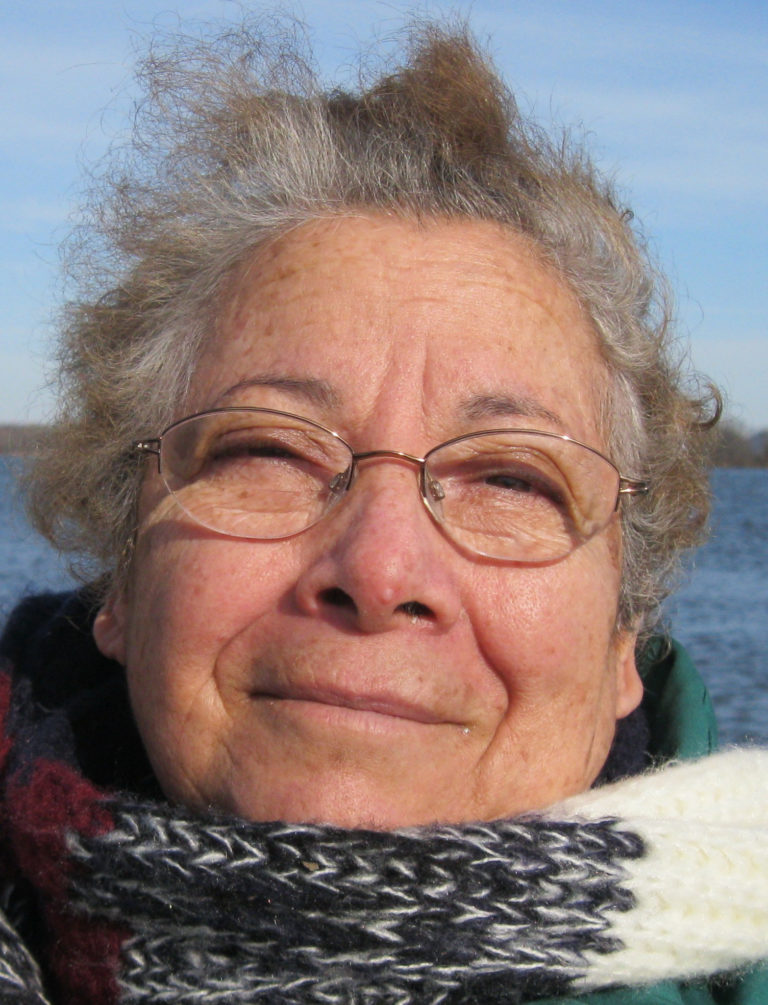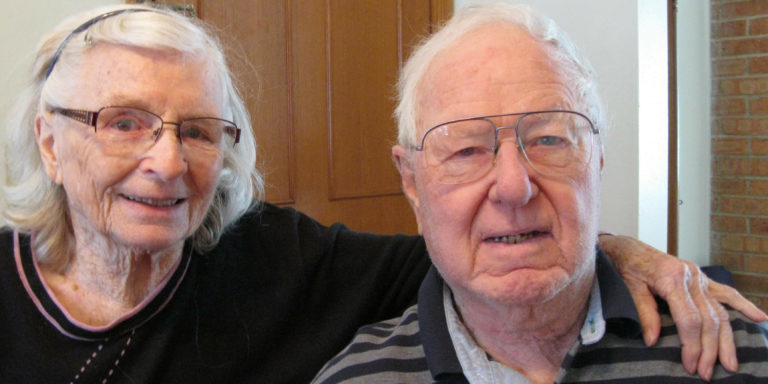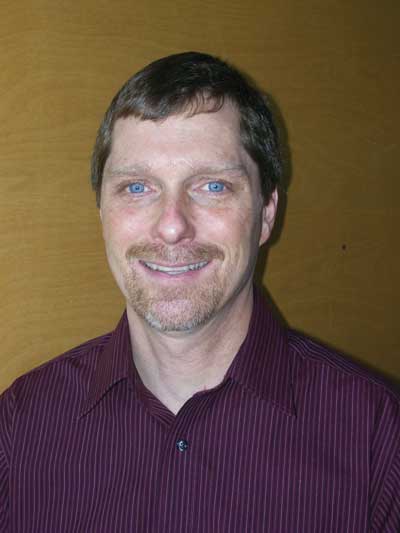By ADAW
Wisconsin now has a system to quickly find older adults with memory issues who wander, thanks to the efforts of a Wisconsin family with firsthand experience.
A few years ago Claire Baeb and her husband, Leo, set off from their Green Bay home for a short trip to a doctor’s appointment and ended up lost for 36 hours. Claire has dementia and, while driving had never been a problem, on this particular trip something went wrong.
When they stopped for gas and couldn’t figure out how to put gas in the car, a stranger filled the tank for them. After pulling off the highway for a nap, they couldn’t navigate themselves back onto the highway. A passerby tried to give them directions. What these good Samaritans didn’t know was that Claire and her husband were lost and their family was desperately trying to find them. Eventually a police officer in West Bend came across them and realized something was wrong. They were brought to the police station while police notified their family. Unfortunately, the ordeal was too much for Leo. He passed away a few days after they were found.
Claire and her two daughters began advocating for change. They worked with the Alzheimer’s & Dementia Alliance of Wisconsin (ADAW) to create legislation implementing a Silver Alert system for Wisconsin. She said, “I just don’t want this to happen to anyone else.” Their efforts paid off. Silver Alert legislation was signed into law April 11, 2014.
“Statistically if we aren’t able to locate a missing person within 24 hours, the probability of finding the person alive decreases substantially. Obviously, the time frame is even shorter when we are dealing with extreme heat or extreme cold, which are fairly common events in our state. This is why we worked so hard to get a Silver Alert program developed for Wisconsin,” said Rob Gundermann, ADAW’s public policy director, who worked with the Baeb family to get the bill passed.
Silver Alert utilizes the Department of Justice integrated crime alert network to disseminate reports of missing adults-at-risk to broadcasters, outdoor advertisers and lottery display terminals. Silver Alert also uses highway signs to alert the public when the missing person is believed to be operating a vehicle.
Silver Alerts will be issued when the following criteria are met:
- The missing person is 60 years of age or older.
- The missing person is believed to have Alzheimer’s, dementia, or another permanent cognitive impairment that poses a threat to the individual’s health and safety.
- There is reasonable belief that the missing person’s disappearance is due to the individual’s impaired cognitive condition.
- The Silver Alert request is made within 72 hours of the individual’s disappearance.
- There is sufficient information available to disseminate to the public.
The public and businesses are encouraged to register to receive Silver Alerts and crime alerts via email, text message or fax at no cost by going to
www.wisconsincrimealert.gov.



